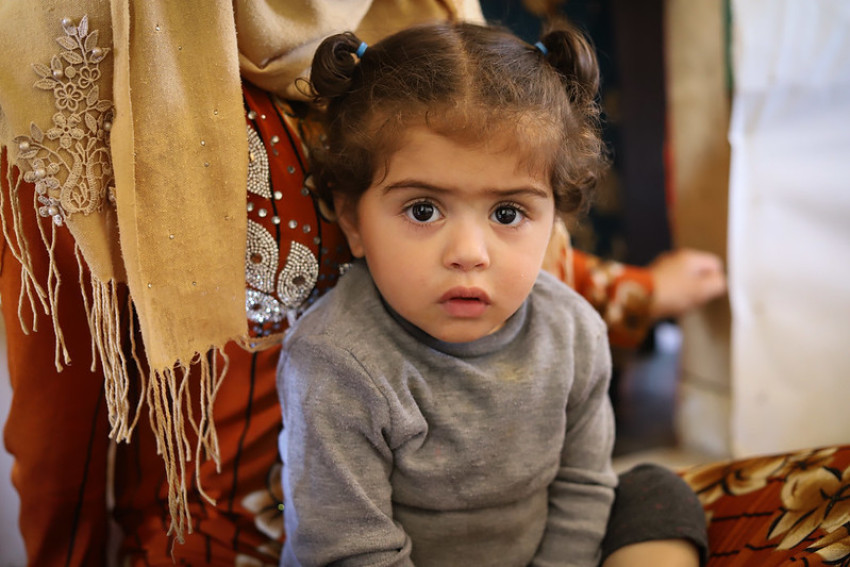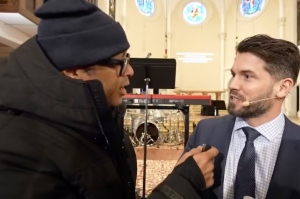‘Living Love Letters’ will change the Middle East

Most American evangelicals are immersed in a Christian media bubble that — in spoken word or print — delivers the faithful message: “God loves you, and sent his Son to die for your sins.”
But do others see the gospel alive in us? Do they see “living epistles” — living love letters? Or do they only hear clanging cymbals?
In the Middle East, where war, suffering and turmoil make daily headlines, many are spiritually confused by the competing religious messages relayed by Muslims, Jews and Christians alike. How are they to filter genuine faith from religious propaganda? How are they to know what’s true and what’s false?
People first need to be convinced that what Christians are “selling” is actually real. Does this Jesus really turn hate to love? Does he really bring peace amid chaos? Does he really heal the deepest hurts? Does he offer genuine hope in a sea of hopelessness?
Satellite television, with its striking visual images, is a powerful channel to advance the gospel, reaching millions in the Middle East in their own homes. Instead of adding to the waves of religious chatter, television like SAT-7 shows viewers across the Middle East that the Christian faith is a life and a lifestyle that’s totally different from anything they’ve seen before. It broadcasts “living epistles” — making visible through the lives of Middle East Christians an up-close-and-personal faith that’s not merely a set of formal doctrines or decrees, but a passionate “living love letter” from God to mankind.
When viewers actually see Christians living out their faith, and not just talking about it in abstract terms, they identify with the realness of the gospel. Their hearts are pierced by the power of these “living epistles” — real people like 13-year-old Myriam, an Iraqi Christian who, during a live broadcast, powerfully forgave Islamic State (ISIS) militants for driving her family out of their home.
Right now, many people in the Middle East — the “cradle of the Christian faith” — are asking the difficult questions: “Why are we suffering like this?” “Is there a God?” “If there’s a God, does he really care about me?”
There’s undeniably a time and place to preach the gospel with words. But in the strife-torn Middle East, these are days when people need to see the gospel lived out before their eyes.
To penetrate the skepticism and confusion, the Christian message has to be seen to be genuine — real people putting their faith into actions in ways that often defy human reason, loving their enemies and forgiving those who trespass against them.
A viewer told us recently: “I live in one of the areas under the control of extremists. By watching your programs, I’ve come to know about Christianity.”
It’s the “living epistles” — the “living love letters” — people see that are changing thousands of hearts and lives in the region today.
Jesus said: “By this everyone will know that you are my disciples, if you love one another” (John 13:35, NIV).
This unstoppable deluge of “living love letters” — made visible by the power of satellite television — can change the course of nations and bring healing to the brokenhearted people of the Middle East.
Rex Rogers is the president of SAT-7 USA. Launched in 1996, SAT-7 (www.sat7usa.org) - with its international headquarters in Cyprus – broadcasts Christian and educational satellite television programs to more than 25 million people in the Middle East and North Africa. Its mission is to make the gospel available to everyone in the region, and support the church in its life, work and witness for Jesus Christ. SAT-7 broadcasts 24/7 in Arabic, Farsi (Persian) and Turkish, using multiple satellite channels and online services.



























